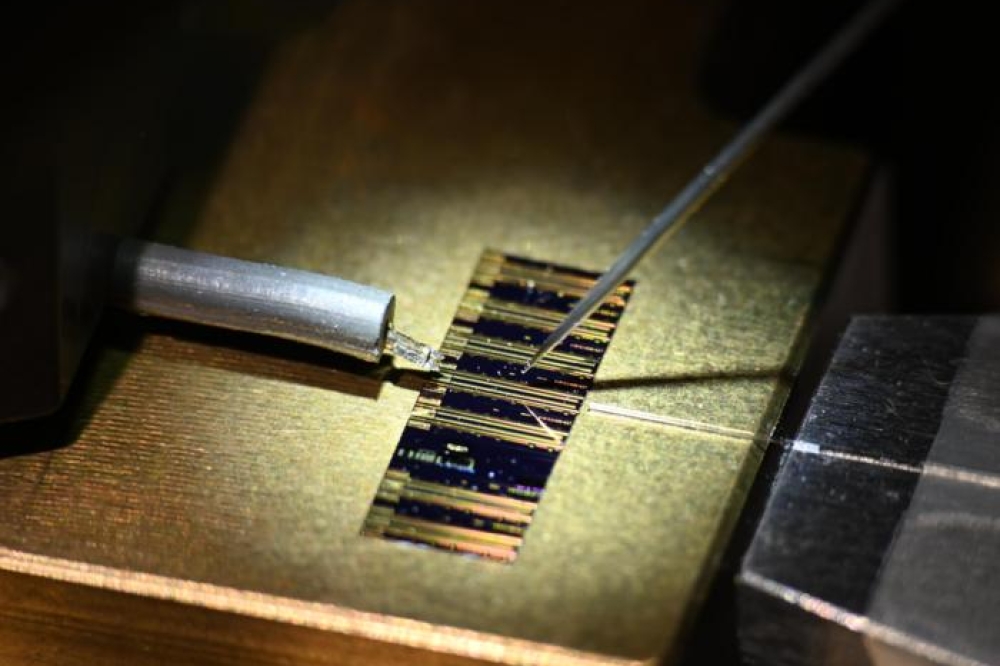News Article
UK universities awarded £2 million for solar cell research
The project aims to replace gallium, indium, cadmium and tellurium used in the manufacture of photovoltaic solar cells, while also implementing processes compatible with large-scale manufacturing

A University of Bristol-led research project which aims to develop new active materials for photovoltaic solar cells based on abundant and low cost elements has been awarded £2 million funding by the Engineering and Physical Sciences Research Council (EPSRC).
The study 'Photovoltaic Technology based on Earth Abundant Materials (PVTEAM)', led by David Fermin, a professor in Bristol's School of Chemistry, is one of four research projects to be awarded a total of £10.3 million by the EPSRC.
Each project aims to find safer, more sustainable alternatives to many of the raw materials used by manufacturing industries.
The Bristol-led research aims to replace key elements - such as gallium, indium, cadmium and tellurium - used in the manufacture of photovoltaic solar cells, while also implementing processes compatible with large-scale manufacturing. As these elements have low abundance, high costs and high toxicity, finding alternatives to them represents an extraordinary opportunity.
Fermin saiys, "The aim of this programme is to lay the foundations of sustainable thin-film photovoltaic technology based on Earth-abundant materials and scalable manufacturing processes.This will be achieved by developing processes and production technologies for materials and material systems to a level they can be taken up by manufacturing industries.
"PVTEAM will specify a carefully selected range of chemical compounds (chalcogenides and oxides) as substitutes to proven commercial materials. Using a multi-level screening approach, we will incorporate the best performing candidates into established solar cell architectures."
The consortium involves five universities (Bristol, Bath, Northumbria, Swansea and Loughborough) with state-of-the-art infrastructure for material development and characterisation as well as for device fabrication, testing and integration into photovoltaic modules.
Material processing will be based on facilities available at the Sustainable Product Engineering Centre (SPECIFIC), which will be in charge of designing scale-up strategies and preparing techno-economic assessment.
The PVTEAM industrial partners, Tata Steel, Pilkington NSG and Johnson Matthey, have a worldwide footprint on materials for the construction, coating and chemical industries.
The consortium also includes SMEs, M-Solve and Semimetrics, which will provide means for the exploitation of new PVTEAM technologies in module fabrication and metrology.































